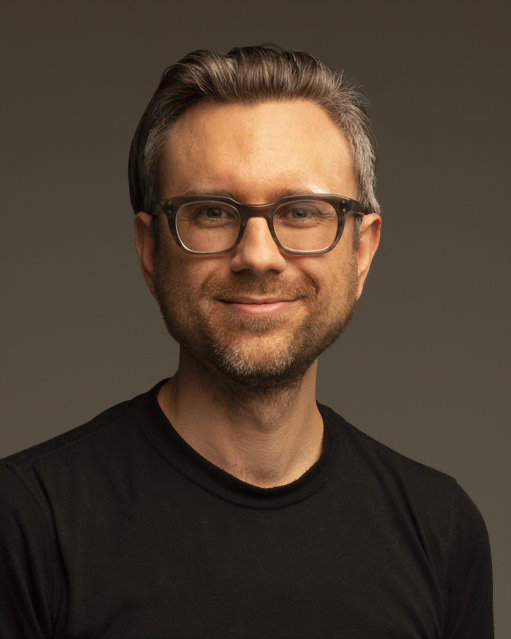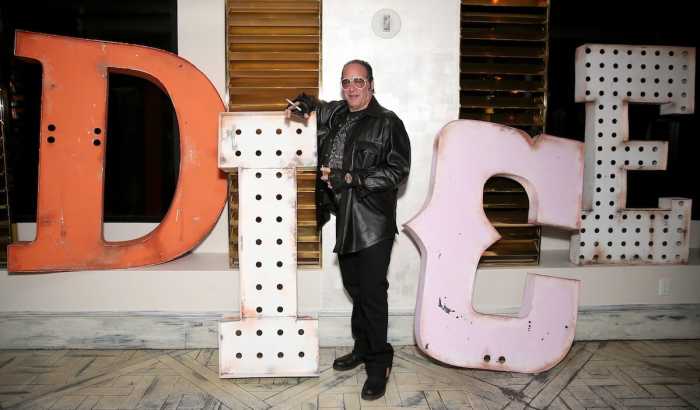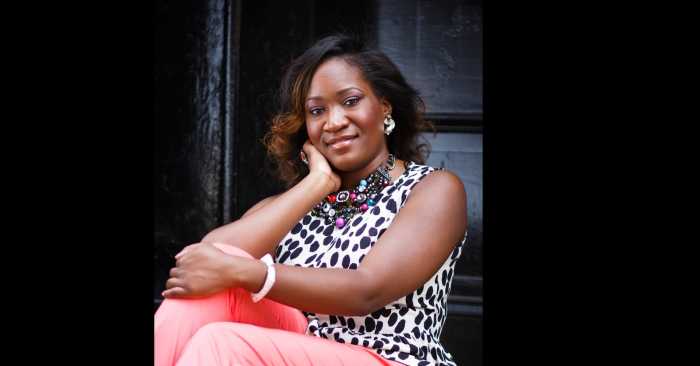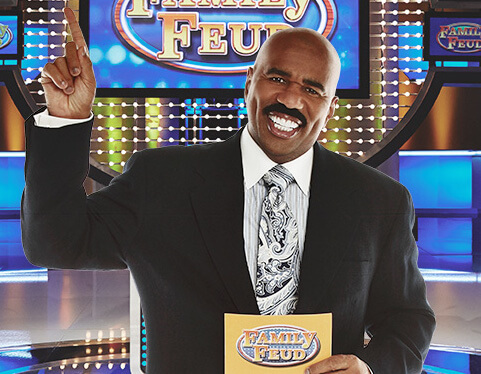Award-winning filmmaker and video artist Ted Passon has two new projects out, and one pertains directly to some pivotal moments in the City of Brotherly Love. ‘Philly D.A.’ is a series that Passon began working on two years ago, following a crucial moment in Philly politics with the election of Larry Krasner as the new District Attorney. On the other side of the creative spectrum, Passon also directed a few episodes and animated Netflix’s series, ‘Worn Stories,’ which follows ordinary people with their own stories through the clothes they wear.
Passon sat down to discuss what went into both projects, which are vastly different, but underneath both highlight the shared humanity we all have.
What was it about ‘Worn Stories’ that drew you in?
I love the conceit of the project, I loved the idea of looking for the stories that we wear from our clothes every day. I think it’s just like a subconscious and very human thing that we all do, and it’s kind of a universal thing that ties a lot of people together that we don’t really talk about, or consider, or acknowledge. So, it’s just a really great new inroad into thinking about stories and memories and things that we carry around with us all of the time subconsciously. Then the other side, Emily Spivack, the creator of the book, is an old friend. I kind of had like a front-row seat through the years seeing her come up with this idea and grow it from a workshop into a web-based project, into a book and now into a show. So that was exciting for me to be along for the ride.

What went into creating the animation for this specific show?
In terms of figuring out what’s the right aesthetic, what’s the right vibe… That’s definitely the long process of consideration. It was a mixture of people saying, here’s a bunch of artists and animators who I think would be cool to work with on the show and let’s see if they feel right for any of the stories that we have. Then sometimes we go backwards and say, you know what, this story really needs something. For instance, one of the stories that was in the Lost and Found episode with the stop motion animation, the idea there was: Okay, this is a very heavy story, it’s about a family [where] the matriarch dies, and then right after they lose everything in a hurricane. It could be perceived as an extremely dark and kind of brutal story, so could we convey much sweeter visuals to kind of contrast that? So the idea was could you see it through more of a childlike kind of visual that would take the edge off of some of the horrific nature of the reality and kind of guide you to more of the light humanness underneath? But, [there was] a lot of deliberation and a lot of back and forth for [each episode].
What are you hoping audiences take away from the series?
At the end of the day, the hope is for people to kind of be conscious of their own story and to think about them and to talk about them and to open it up to people. [To have] people reflecting on what are the stories they’re carrying around with them? What are the things that they’re holding on to from the past through their clothes? Or the people they’re holding on to, or the memories? I think there’s a lot we can learn about ourselves through examining why we choose to wear what we wear. It’s such a great inroad into who we are. If nothing else, I think the show is all about finding extraordinary moments in the lives of regular people and settling into the fact that everyone has a story. Everyone has amazing moments in their life, everyone has different moments in the background that could connect them to others. I think there’s a universality to that. Everyone’s got their own unique story, but there’s a universal human experience that runs underneath all of them. Hopefully, it shows how similar we all really are.

Now, switching gears, where did the idea for the Philly D.A. series come from?
What was interesting about [Larry Krasner,] just his presence in the election created a conversation around the role of the prosecutor in a way that I feel like I’d never seen before. So it seems like, alright, this is definitely an interesting moment to document, regardless of what happens. The assumption [for this project] was this could be a short thing about an election where the guy didn’t win… Let’s take this conversation and see what happens, that’s all we thought it would be. Then he wins. So we’re like, forget that now, the story is, is [he] going to be able to do any of the stuff he promised? Should he do it and what’s going to happen if he does it? We wanted to follow it, and he was game. We retained full creative control, editorial independence and we spent about two years filming almost every day. We try to do our best to create a 360-degree snapshot of the city going through a moment of change.
What was your experience working on the series, especially with the past summer’s events surrounding social justice?
It was interesting… Some of the conversations that were being had around the criminal justice system in 2017 during the campaign that seemed more fringe were now suddenly on the mainstream news, and suddenly there were thousands of people on the street saying the same thing. Krasner never used the phrase ‘defund the police,’ but the whole aggressive prosecutor movement, one of the biggest tenets of it is that the money we’re spending on the criminal justice system is not giving us the returns that we want. It’s not making us safer. We’re basically burning money on punishing people after the problem happens rather than spending it on preventative measures like education and healthcare. These are all the things that are essential to actually prevent crime and they’re cheaper. It was wild to see kind of mainstream discussion point. Also, what was interesting from a filmmaker’s standpoint, when we went to networks in the beginning and said, hey, we’re working on this series, we had a lot of networks question…Are people really going to care about these issues? Is this something people are really going to watch? Nobody asks us that question anymore.
Were there any big takeaways that you had being someone who was behind the scenes for everything?
Yeah, absolutely. You really see how hard it is to make change, and whether you agree with the change or not is beside the point, it’s actually really difficult. Hopefully, this series is a reminder in some ways that every system that we live under is held upon the shoulders of fragile and flawed human beings. We try to do our best to bring up the humanity underneath these issues, whether or not you agree with people. Hopefully, we get to see them as a human and really understand where they’re coming from, which I think in this day and age…The polarization that has swept through the country in the past couple of years makes it so hard. It’s really easy to forget our shared humanity. So hopefully, this project will find a way to point people to that, because we have to look at that and we have to figure it out together somehow.
‘Worn Stories’ is available to stream now on Netflix and ‘Philly D.A.’ premieres April 20 on PBS.




























